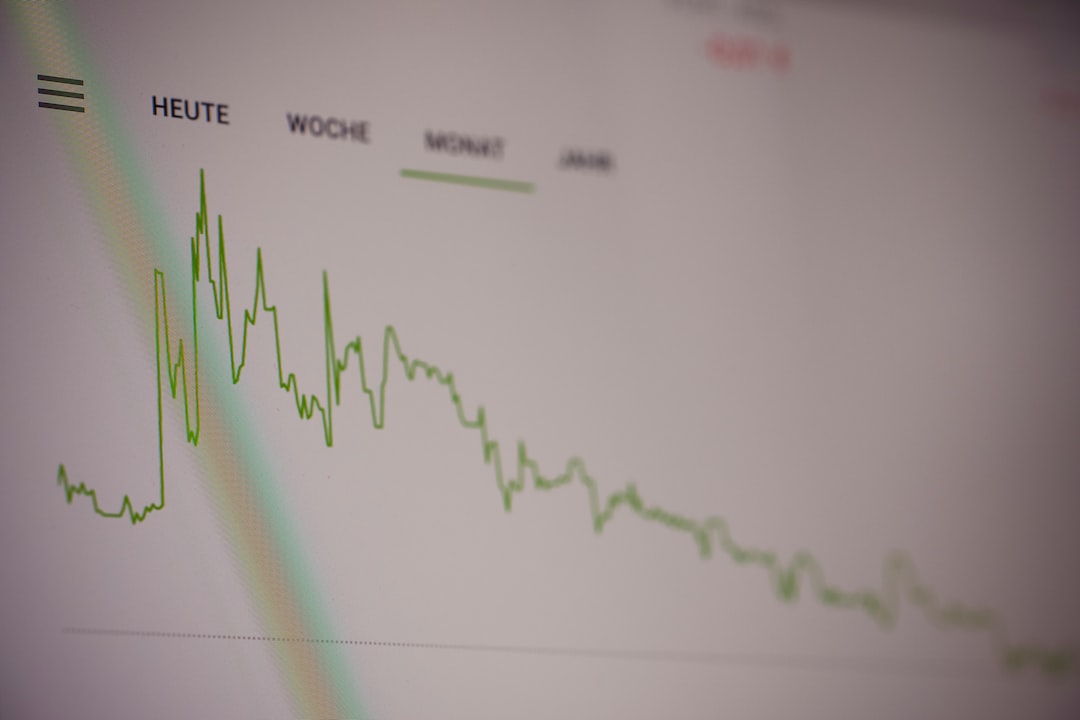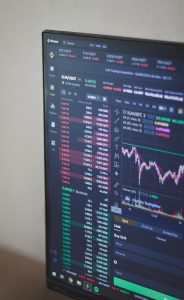Forex trading has become increasingly popular over the years, and with the rise of online trading platforms, forex brokers have become a crucial part of the industry. Forex brokers are financial intermediaries who provide traders with access to the foreign exchange market. They offer a range of services, such as trading platforms, market analysis, and educational resources to help traders make informed decisions. However, many traders are often left wondering how forex brokers make money. In this article, we will explore the different ways forex brokers earn profits.
Spread
The most common way forex brokers make money is through the spread. The spread is the difference between the bid price and the ask price of a currency pair. For example, if the bid price of EUR/USD is 1.2000 and the ask price is 1.2005, the spread is 0.0005. This spread represents the broker’s profit margin. Forex brokers offer traders the ability to buy and sell currency pairs at the current market price, but the broker will always add a markup to the spread. This markup is the broker’s profit.
In some cases, brokers may offer fixed spreads, which means the spread remains constant regardless of market conditions. However, most brokers offer variable spreads, which fluctuate depending on market volatility. During periods of high volatility, such as news releases or geopolitical events, spreads can widen significantly, which can result in higher profits for the broker.
Commission
In addition to the spread, some forex brokers charge a commission. The commission is a flat fee that is charged per lot traded. For example, if a broker charges a commission of $5 per lot, and a trader opens a position of 1 lot, the trader will be charged $5 for opening the position and $5 for closing the position. Commission-based brokers typically offer lower spreads, which can be attractive to traders who trade frequently.
Swap
Forex brokers also earn money through swaps. A swap is the interest rate differential between two currencies in a currency pair. When a trader holds a position overnight, they may be subject to a swap fee, which is either credited or debited from their account depending on the interest rate differential. The swap fee is usually a small percentage of the position’s value and can vary depending on the currency pair and the broker’s swap rates.
Leverage
Forex brokers also earn money through leverage. Leverage allows traders to control larger positions with a smaller amount of capital. For example, a broker may offer a leverage of 1:100, which means that a trader can control a position worth $100,000 with only $1,000 of capital. However, leverage also increases the risk of losing money, and traders must be aware of the potential risks involved.
Brokers earn money through leverage by charging interest on the borrowed funds. This interest is known as a margin, and it is typically charged on a daily basis. The margin varies depending on the broker and the currency pair. Higher leverage ratios typically result in higher margin rates.
Conclusion
In conclusion, forex brokers make money through various means, including spreads, commissions, swaps, and leverage. Understanding how forex brokers earn profits is essential for traders, as it can help them make informed decisions when choosing a broker. Traders must also be aware of the potential risks involved in trading forex and should carefully consider their trading strategies and risk management techniques.





